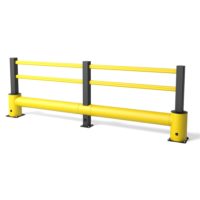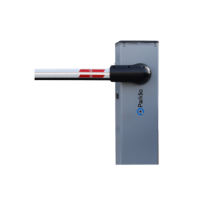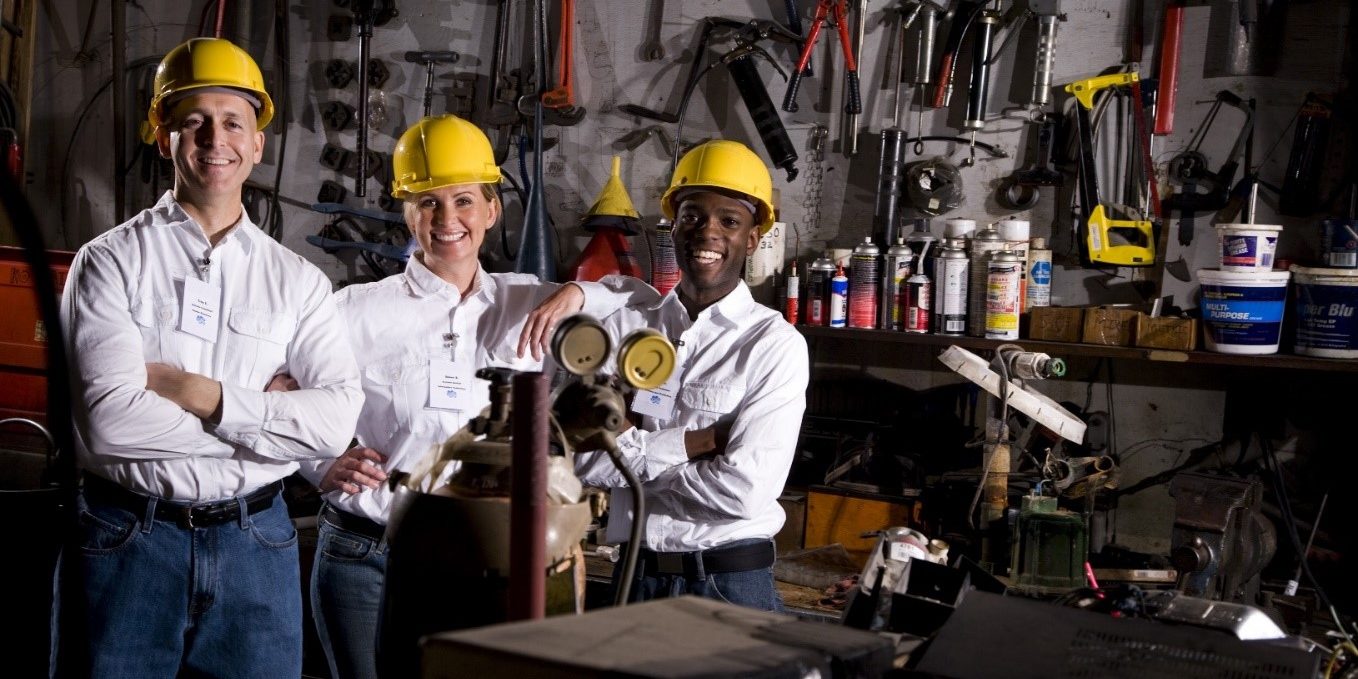One of the cornerstones of workplace safety is effective communication. Your workforce needs to understand the safety systems in place to prevent and respond to accidents and hazards. One effective and increasingly popular method for ensuring open lines of communication in your workplace is the toolbox talk. Toolbox talks create a forum where concerns can be heard, ideas can be voiced, and policies can be conveyed. This can lead to improved health and safety practices in your workplace.
A space for communication, however, does not guarantee productive discussion. Toolbox talks require careful planning, consideration, and a little bit of practice to ensure that they are productive. Let’s examine what toolbox talks are, why they matter, and how you can make your toolbox talks a success.
What are toolbox talks?
Toolbox talks are on-site meetings where workers and management can speak openly about health and safety in their workplace. During these meetings, workers are given the opportunity to voice their ideas and concerns to those tasked with developing construction site or warehouse safety procedures. Management can also communicate new changes to workplace safety procedures and review recent accident data.
These meetings are typically brief (perhaps 15-20 minutes) and regular (weekly or fortnightly). They may, however, be held more frequently in unusually dynamic workplaces, such as large construction sites or other areas where new safety issues are likely to frequently emerge. Toolbox talks are so named because they are staged on-site, where workers feel the most comfortable and are more likely to raise concerns.
How toolbox talks improve workplace safety
Toolbox talks provide valuable feedback to managers and supervisors tasked with maintaining health and safety procedures in the workplace. Hearing directly from the people who know their workplace best naturally affords administrators the most accurate assessment of their conditions. Not only that, but company leaders who regularly meet with workers on site to hear their concerns builds trust, improving the relationship between employees and managers and improving the effectiveness of health and safety processes.
Finally, toolbox talks also give management the opportunity to communicate new changes in workplace safety protocol directly to workers, increasing the likelihood that those update procedures will be quickly and enthusiastically adopted. Managers can even use toolbox talks as brief training sessions to practice new safety procedures.
How to hold an effective toolbox talk
Keep these helpful tips in mind as you develop your toolbox talks:
- Make a schedule and stick to it – Toolbox talks should be held regularly, at a convenient time. Once scheduled, commit to holding the meetings as often as possible. Making them a priority increases their import with your staff.
- Foster a safe space – In order for your workers to contribute to toolbox talks, they need to feel as though their input is valued and welcome. Cultivate a culture where no ideas are shot down and everyone’s concerns are taken seriously. Encouraging participation is vital to the success of your toolbox talks.
- Reinforce what’s working – Toolbox talks are a chance to express concerns, but don’t pass on the opportunity to reward workers for a job well done. Celebrate safety milestones and acknowledge your staff’s commitment to workplace safety.
- Have an agenda – Structure is important to make your toolbox talks feel significant. Setting agenda before you begin is an effective way to get the most out of the discussion, demonstrate leadership, and make your workers feel comfortable and supported.
- Take notes – Write down what you hear from your workers. These notes can then be used to develop helpful new workplace safety procedures. Your staff will appreciate seeing their words translated into action.
Show your workers that you value their safety
Toolbox talks are an opportunity to stay current on the safety needs of your workers. You want to get them home safe every day, so invest in their safety with Dexsafe safety barriers. Contact Dexsafe today to schedule your safety consultation.






